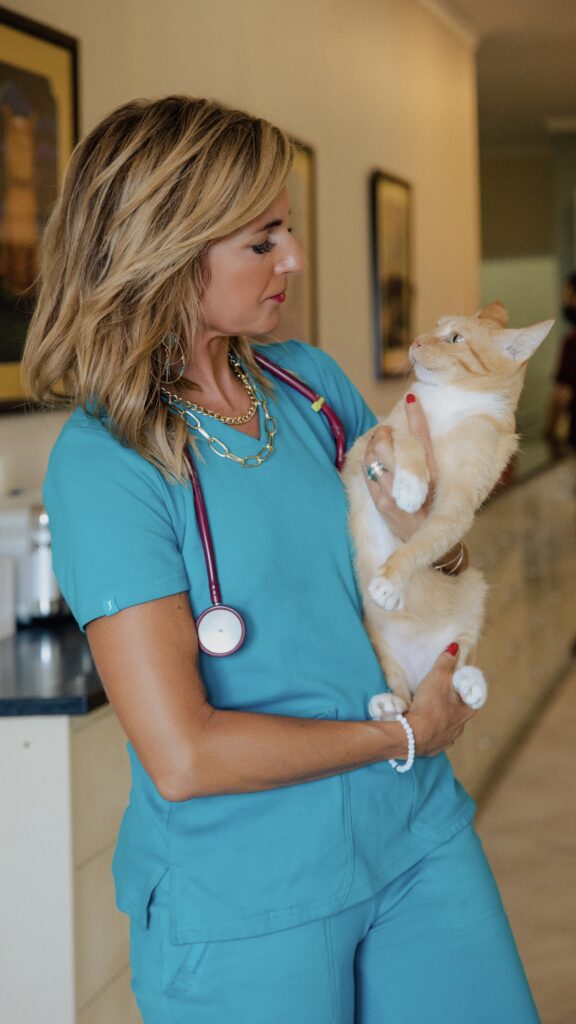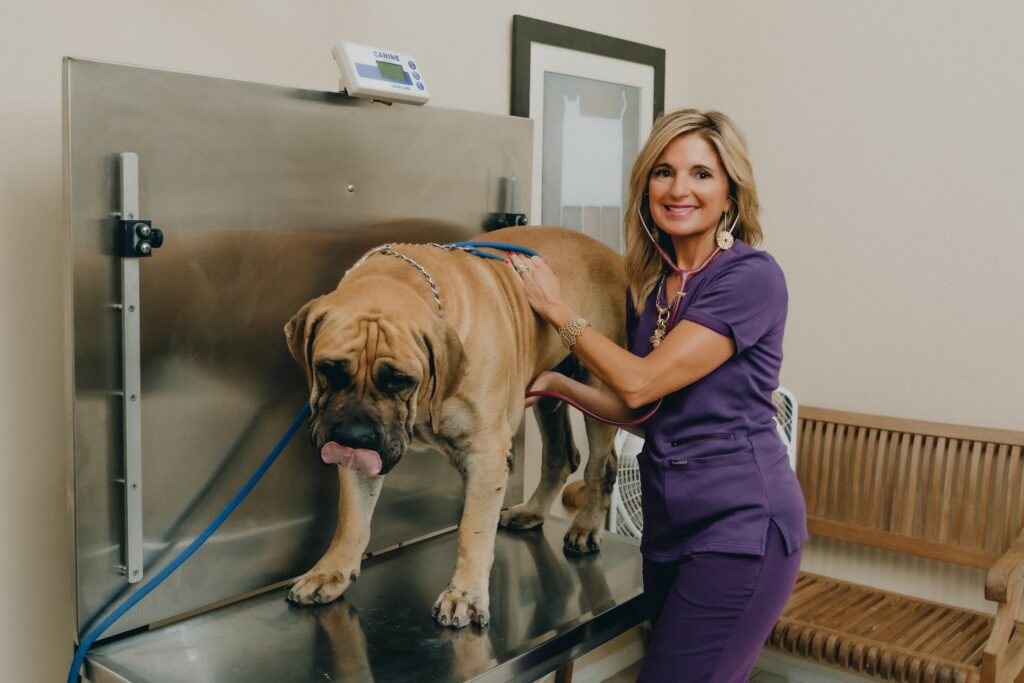You Might Believe If You Didn’t Know Better.
Misconceptions about veterinarians are common, and many people don’t understand what they do. Now add that to running a veterinary practice on an island, and the misconceptions grow. This article dispels five of the most common misconceptions about veterinarians who live on islands.
Island Vets Treat Exotic Animals.
Island veterinarians often get the reputation for treating exotic animals, but this is not always the case. While they may have experience treating some exotic animals, most of their patients are domesticated animals like cats and dogs. Exotic animal patients may be rare, and in most cases, exotic animals would be treated by a vet specializing in their species. Veterinary resources and specialists may be limited or nonexistent when living on an island. In this case, Island vets have to research, receive guidance from other vets, or in some cases, import help. Island vets often have to expand their boundaries to treat the animals in their remote communities regardless of specialty.

Island Vets And Vet Offices Are Ill-Equipped And /Or Behind The Times.
Island veterinarians and vet offices can often be seen as behind the times or ill-equipped. This is not always the case. For example, here on St. Croix my veterinary center includes a full service in house laboratory, digital x-ray macine, intensive care unit, dentistry, and surgical suite. We are equipped to handle basic appointments to emergencies and critical care. However, there are some areas where island veterinary clinics may be lacking. For example, many island vet offices do not have the ability to offer chemotherapy treatments, MRI or CT scans, and more specialized procedures. Some island vets may also not have the most up-to-date information on animal diseases. However, this doesn’t mean that they are not well-equipped to deal with common problems. Even with the latest equipment and modern resources, Island vets often have to be creative and resourceful, reaching out for assistance with long distance colleagues and making do with supplies on hand in a pinch!
Pet Clinics Vs. Pet Hospitals
The terms “pet hospitals” and “pet clinics” are sometimes used interchangeably. The distinction between the two is that a pet clinic is where you can get your pet’s regular care, such as vaccinations, check-ups, and minor operations. Pet hospitals provide more comprehensive services than pet clinics, including specialist treatment, diagnosis, and surgery. However, when you visit my practice, both the clinic and the hospital are housed in the same building. Many of my clients are shocked to realize that there is no separate facility like a human hospital with an emergency room to take your pet. You are both in the clinic and the hospital when you enter my facility.
Island Vet Practices Are More Relaxed And Less Hectic Or Stressful
On St. Croix, there are only a few vets to treat the entire island, so my office stays busy, and it can be hectic and stressful at times. The veterinarians, like myself, who work in these practices, often have to handle a wide variety of cases and work with limited resources. They also need to be able to deal with the unique challenges that come with working on an island. For example, power outages and hurricanes are common occurrences that can disrupt veterinary practice and challenge the entire team’s patience.

Island Vets Only Work On Islands
This is the most common misconception about island vets, and it’s not true! Island vets often work in other locations and settings across the globe. They may work in a regular veterinary clinic or with a government agency that handles animal health issues. Island vets are often well-versed in the specific challenges of working on an island, and they can use this knowledge to help other vets who are not familiar with these challenges.
There Are No Laws Or Regulations On St. Croix For Veterinarians.
This is not true. There are laws and regulations that all veterinarians on St. Croix have to follow. The Department of Agriculture and the Board of Veterinary Medicine set these laws and regulations. All veterinarians on St. Croix must have a license from the Board of Veterinary Medicine to practice. License requirements include completing an accredited veterinary program and passing a national exam as well as a Virgin Islands board examination.
There are also regulations that all vet practices have to follow, including having a valid business license and being up-to-date on all vaccinations and licenses. All veterinarians on St. Croix must follow these laws and regulations to practice. The Department of Agriculture also has regulations that veterinarians must follow, like animal food labeling and safe animal handling requirements.

Veterinarians Are Not Real Doctors.
Many individuals believe that veterinarians are not medical doctors. This isn’t accurate. Veterinarians are medical practitioners who treat animals and, like all other medical specialists, can diagnose illnesses and prescribe medications. Admission to veterinary school is even more challenging than admission to human medical school as spaces are very limited. Once admitted, individuals must complete four years of higher education at an accredited veterinary school and pass the National Veterinary Licensing Exam to become a veterinarian. Veterinary programs are rigorous and cover various topics, from animal anatomy and physiology to veterinary pharmacology and medical pathology. If a student decides on a specialty, it is not uncommon to have an additional 2-3 years of residency training. Veterinarians are experts in the care and treatment of animals
and play essential roles in several fields you may never have thought of like human health, national security, research, and epidemiology to name a few.
Island Vets Don’t Have The Same Training As Other Vets.
This is not correct. Island veterinarians obtain the same education as other veterinarians in veterinary medicine, animal health, and diagnoses. The laws and rules in St. Croix are stringent. To practice, you must first comply with the Department of Agriculture and be licensed by the Board of Veterinary Medicine.
Island vets are often misrepresented in the media and by society. They’re not just people who work with animals; they’re professionals who care for the health of animals and help prevent them from getting sick. Some of the most common misconceptions about veterinarians have been debunked in this article. If you have any questions about our island practice or want to know more about island life, check out our Youtube channel and follow us on Instagram.

SHARE